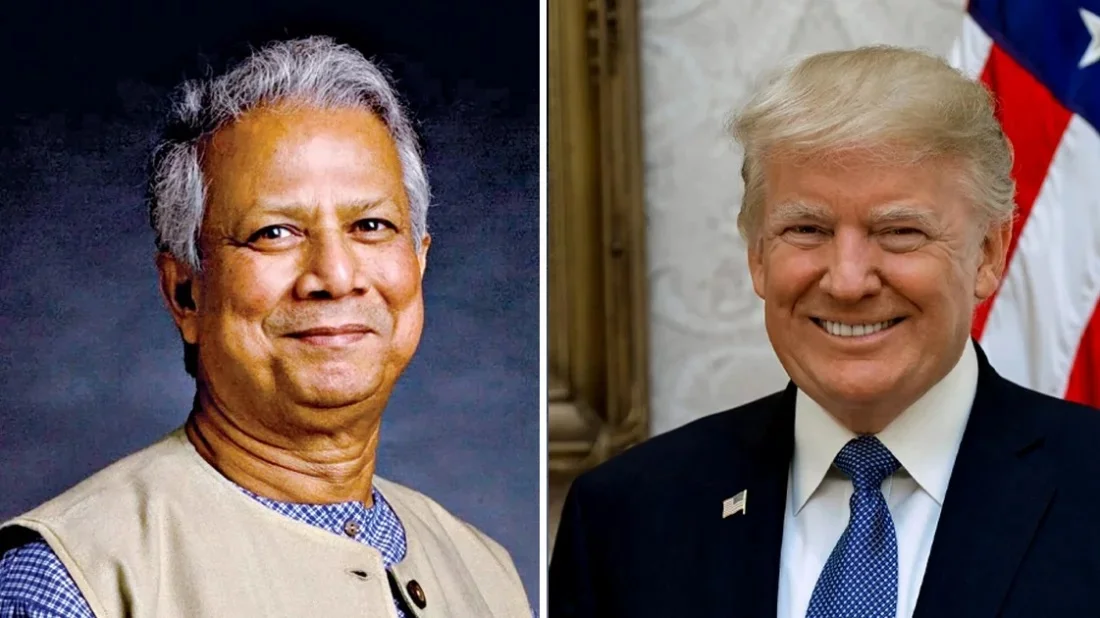Yunus: No sudden negatives expected under Trump presidency
Share on:

Chief Adviser Dr Muhammad Yunus has said he does not foresee any negative developments suddenly emerging because Donald Trump is taking office as president of the United States, stressing that he has no personal issues with the president-elect.
"I believe the foreign policy of the United States does not change drastically depending on who the president is," Yunus said during an interview with Qatar-based media outlet Al Jazeera.
He noted that there is a degree of stability in US foreign policy.
Yunus further said he harbours no objections to either the Republican or Democratic parties nor to Trump himself.
He also clarified that he has had no prior interactions with Trump but maintains friendships with individuals from both political parties.
Donald Trump will officially assume office as the 47th president of the United States during the inauguration ceremony on January 20. Until then, President Joe Biden remains in office.
This marks Trump’s second term as president, having previously served from 2017 to 2021.
Before the US election, Trump criticized what he described as "barbaric violence against Hindus, Christians and other minorities who are being attacked and looted by mobs in Bangladesh."
“This would have never happened under my leadership. Kamala and Joe have ignored Hindus worldwide and in America. They have been a disaster from Israel to Ukraine to our own Southern Border. But we will Make America Strong Again and bring back Peace through Strength,” Trump wrote on X, formerly known as Twitter.
In response to a question about this during the Al Jazeera interview, Yunus dismissed Trump’s claims as "baseless propaganda." He described it as "unfortunate" and asserted that much of this propaganda originates from India, likely intended to perpetuate tensions.
"In reality, these claims do not hold true," Yunus said, explaining that incidents of violence during the revolutionary period occurred not because of religious identity but due to political affiliations.
"Most of the Hindus affected happened to be supporters of the Awami League," he said.
The chief adviser acknowledged that minorities were subjected to violence in certain cases but described these incidents as "completely exaggerated."
“When we took over, Bangladesh was in a state of disarray. At that time, there was an attempt to create unnecessary panic among religious minorities,” he said.

